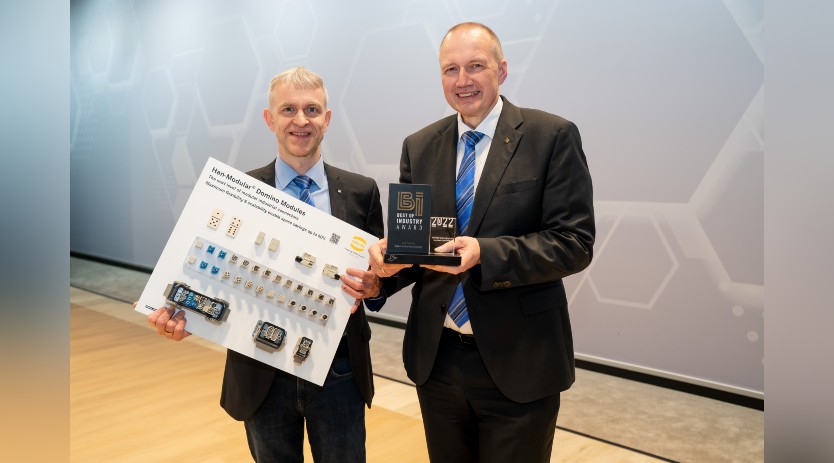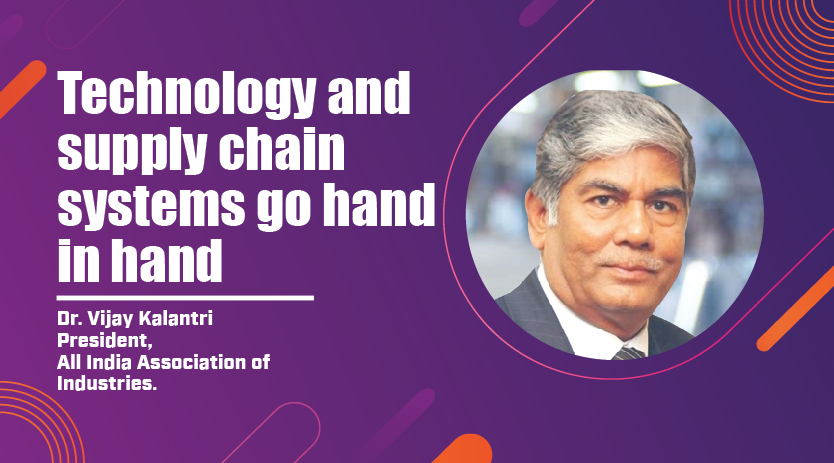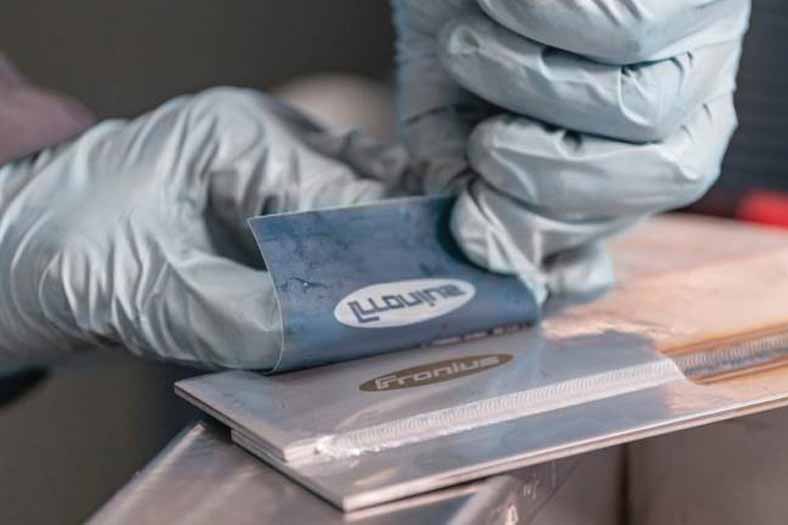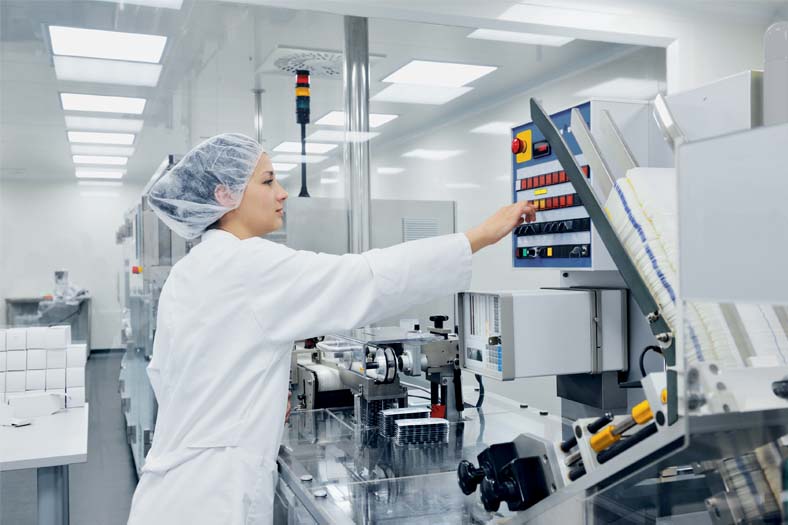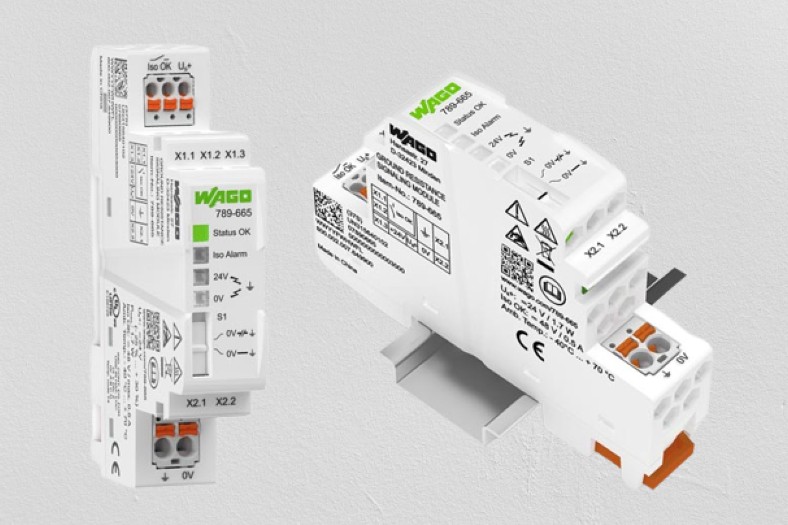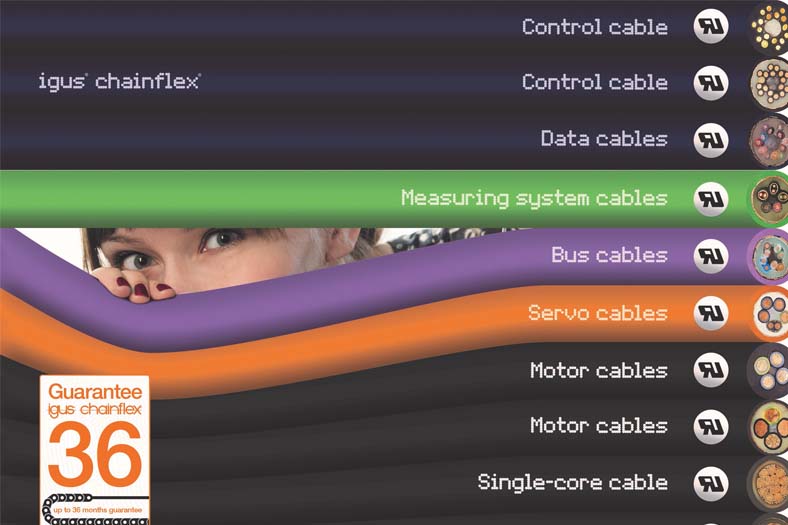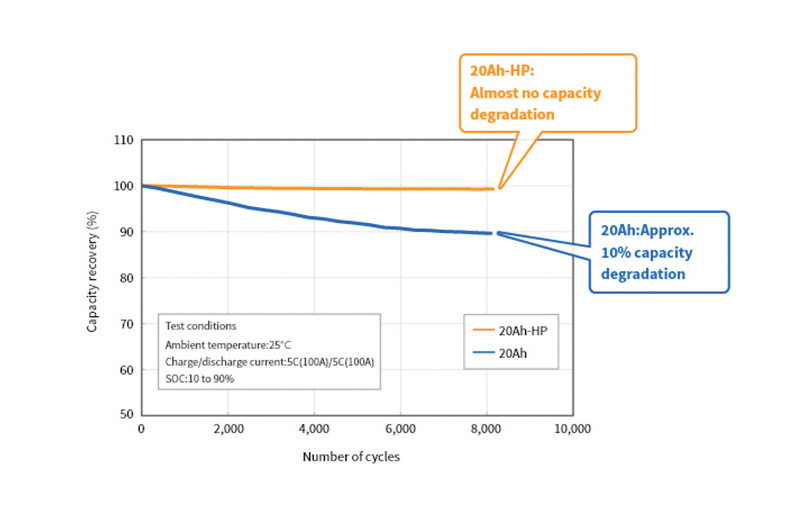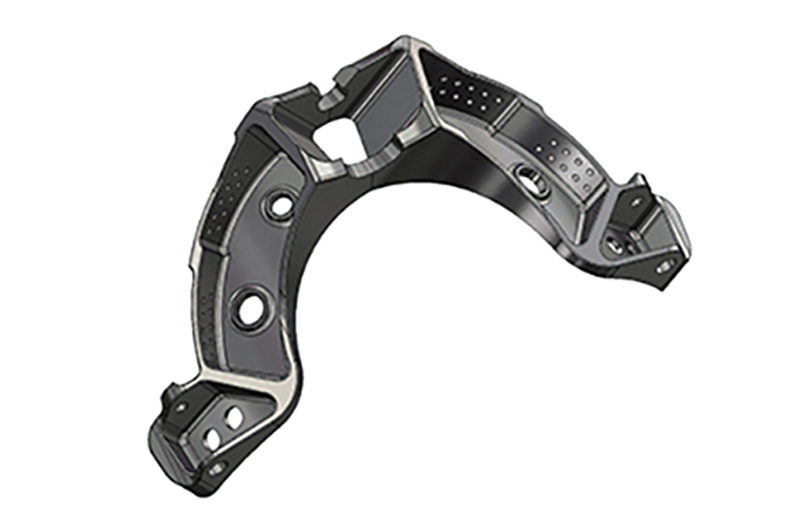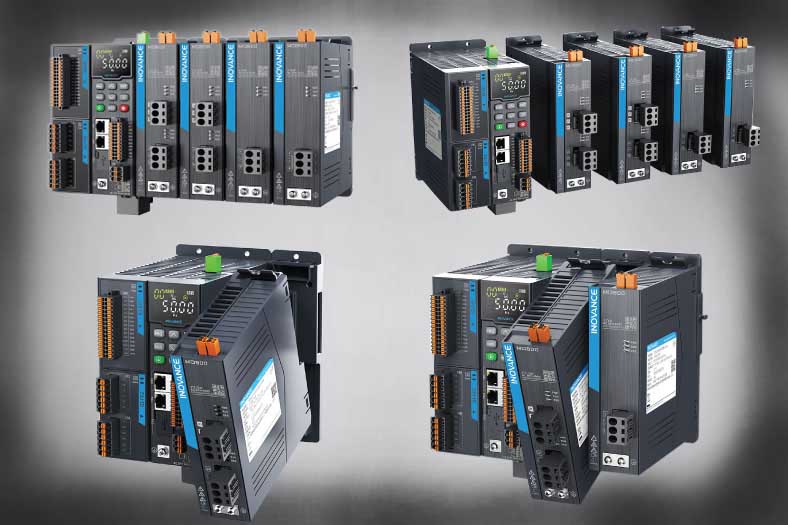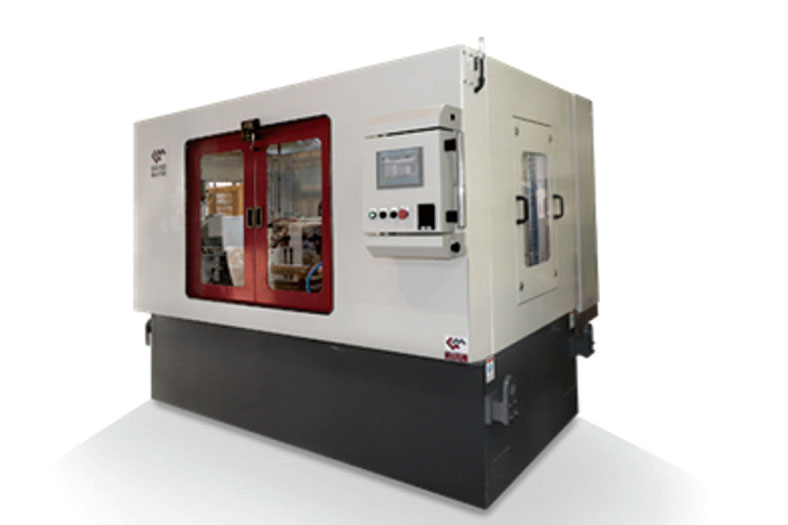Generating water management plants tops Indian Railway’s agenda
November 15, 2019 4:17 pm
Water management and wastewater management is a persistent issue, which was not yet addressed as a serious concern. With the widening spectrum of water scarcity looming across the country, the Ministry of Railways has set-up automatic washing plants for train coaches and wagons at the major depots that consume ample of water for train servicing and washing.
Wastewater management in Indian railways
I think wastewater management in India, has not yet gained the required momentum. It needs to be brought to the limelight by demonstrating the significance of recycling used water and wastewater management. There was a lack in awareness and lack of knowledge amongst the people on making optimal use of water, and on the need to adapt wastewater management techniques, but since the new government, under the leadership of Prime Minister Narendra Modi, Indian railways have been keen in improvising the situation in railways. The railway ministry has been taking several measures to implement wastewater management in Indian Railways by introducing wastewater plants, recycling the unused / waste water for cleansing railway station, railway coaches, and wagons, among others.
Talking about clean sanitation, there are two key areas that require clean sanitation throughout; train Coaches and Boggie which require constant cleansing for better hygiene for passengers. And each junction requires around 1 lakh litres of water for maintaining clean sanitation. Here, wastewater management plays a key role, by recycling the water for reusing it in other cleansing processes.
Possible reasons for delay in implementing wastewater management programs in railways
One of the core reasons for the delay is, Indian railway is a widespread network and the project would be implemented through pilot projects only. The government officials are reluctant in taking risks by going forward, they instead are looking for a proven successful model with least possible changes of failure. Some railway stations has already initiated pilot projects for water management and are analysing the ratio of waste generated, usage and the applications in saving and recycling wastewater; only then the government will move further in executing them in the railway stations across India. So, basically, the railways are in experimenting phase and will commence it, only after achieving expected rate of success.
Tambaram railway station in Chennai has received tenders for recycling the water that is used for cleaning the coaches and boggies and utilise them for various required purposes. We have bagged the project and the project is running quite successfully. The same project was quoted and commenced at Avadi railway station in Chennai, but it turned out to be a failure. Citing Avadi railway station’s failure, the government is more cynical in initiating the same elsewhere. Acroama Water Treatment systems are currently working for a project, where we are willing to use the recycled sewage water for gardening.
Improving water management systems in Indian Railways
We need more such wastewater management plants for Indian railways, but there’s a slight delay in implementing and processing. Awareness amongst the passengers would aid the government in having clean and hygienic water supply in the Railways. In order to maintain the quality work and improve the management systems, we need to place hoardings and advertisements in all possible places that are within the reach of commuters. Commuters, because, I think the passengers must become an integral part in creating a habit of clean sanitation and making best use of available resources / water available in railway stations. Also, there are multiple technologies for reusing and recycling the waste or unused water, which can be utilised at various levels by making optimal use. Developments don’t happen overnight. It requires time and practical examples to ensure success.
For more details, contact:
D Harihara Sudhan
Proprietor
Acroama Water Treatment Systems
Cookie Consent
We use cookies to personalize your experience. By continuing to visit this website you agree to our Terms & Conditions, Privacy Policy and Cookie Policy.




